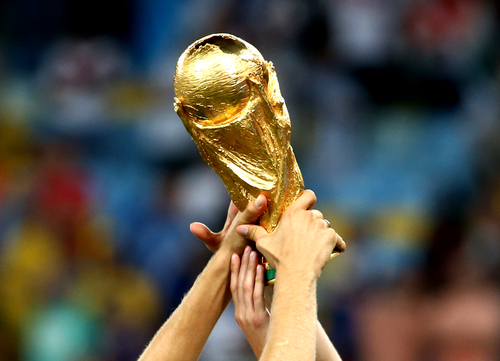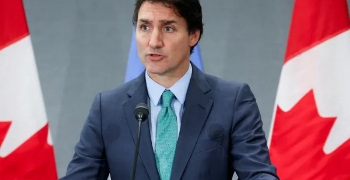World sporting events have, for decades, become an arena for settling political scores. Ideological fights and propaganda wars are what triggered the political grandstanding and it all started in 1930s with the Berlin Olympics. With the cold war becoming a thing of the past, political issues that touch the lives of women and men far more than ideological shadowboxing are now being glossed over while organising world sports. This has become possible for the power that emanates from money. The matter has come under international focus once again following the recent virtual capitulation of FIFA to Saudi Arabia in the latter’s bid to host the soccer World Cup in 2034.
In the process, the world is all set to enjoy the magical display of contemporary soccer greats and not pay heed to the abuse of human rights, curbing of women’s freedom by the ruling powers, and carbon emission that has already harmed global climate beyond repair. International sports are used to highlight burning issues for the simple reason that the world’s attention gets riveted on such events. FIFA’s announcement that Saudi Arabia was the lone bidder to host the World Cup in 2034 raises many questions. It is all about the process of according this opportunity to a country, known for all the wrong reasons, to host one of the most watched sporting events on the planet. The official announcement of the awarding of the competition can be made only towards the end of 2024, but the outcome is fairly predictable with the Saudi kingdom becoming the sole candidate after Australia’s withdrawal. Once Indonesia backed Saudi Arabia instead of teaming up with Australia for a joint bid, there was not a shadow of doubt about who the host would be. Such a turn of events is mainly due to the way FIFA has conducted the process. If Australia and Saudi Arabia seemed to be the only countries in the running, it was because, October 4, FIFA chose to reserve the 2034 World Cup for Asia-Oceania (which includes the Middle East), having awarded the 2030 World Cup to a group of countries across three continents, breaking the tradition of geographical rotation.
Spain, Portugal, and Morocco will host the 2030 edition, but three matches will be played in Argentina, Paraguay, and Uruguay, for the avowed reason that this will allow Uruguay to celebrate the centenary of the World Cup which was first played in that country in 1930. Such a jugglery makes it possible to hold the tournament in Europe, Africa, and South America. Its logical corollary is that the event will be organised in Asia-Oceania in 2034. Saudi Arabia’s Crown Prince Mohammed bin Salman, known as MBS, has, for the past few years been trying hard to turn the kingdom into one of the great centres of international sporting competition of all kinds – golf, boxing, Formula 1, and football which is very popular in the country and the Arab world in general. MBS is charged with some of the atrocious crimes, including the killing of Saudi journalist Jamal Khasoggi. He also faced international ostracism. He chose sports to invest petro-dollars and whitewash his wrongdoings.
The hosting of world sports championships and the recruitment by local clubs of international football stars such as Neymar, Cristiano Ronaldo, and Karim Benzema have become a major soft power asset for the kingdom. It has also given MBS a means for economic diversification from exporting liquid gold – petroleum – to tourism. MBS is brutally honest about his intention to use sports to get internationally rehabilitated for his reported complicity in crimes. He has said to a US media outlet if sportswashing is going to increase his country’s GDP by 1%, then he would continue doing exactly that and he does not care a fig for what others say about him. That is too haughty a voice. The tragedy is he can afford to be arrogant because he has the money and power which is irresistible to today’s world of sports that help sportspersons and sports bodies become filthy rich.







































